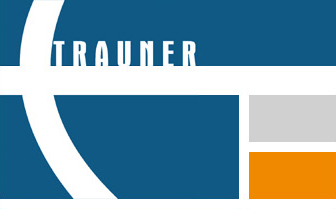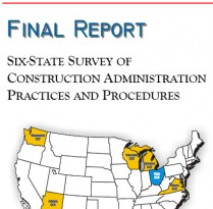Ohio Department of Transportation (ODOT), like many agencies across the country, has been downsized, re-engineered, and reorganized. These changes have occurred during a period when transportation agencies report that the traveling public has demanded an increased focus on strategies to minimize impacts to highway users during construction. In addition, the pace of technological advances in construction methods and materials has been accelerating, and administrators have been charged with doing more with less.
Trauner was hired to assist ODOT in this best practice management study which included the auditing of six state’s (Arizona, Florida, Michigan, Virginia, Wisconsin and Washington State) contract administration procedures. During the three year contract, Trauner helped ODOT focus on strategies to minimize impacts to highway users during construction and adapt to technological advances in construction methods and materials. The overriding goal was to assist ODOT in developing better management practices for its annual highway construction program valued at over $1.2 billion. The study concentrated on construction contract administration practices that would yield cost-effective ways of designing and building roads safer, better, and faster, with less inconvenience to road users, businesses and other stake holders who are affected by construction activities.
The six-state survey Trauner conducted identified better ways of meeting these challenges. The study concentrated on construction contract administration practices that yielded cost-effective ways of designing and building roads safer, better, and faster, with less inconvenience to road users as well as businesses and others who are affected by construction activities. ODOT, together with FHWA, selected six states that either had similar-sized programs or were known to have adopted innovative practices.
A comprehensive questionnaire was developed to query ODOT and the other six states. The categories addressed included organization and staffing, inspection, testing, quality management, computerization, specifications, legal requirements, contracting methods, progress payments, documentation, utilities, maintenance of traffic, contract administration, training, and safety. At the conclusion of the data collection process, the ODOT / Trauner team organized the information gained, culminating in a manual of “best practices.” ODOT successfully implemented many of the measures and recommendations included in this manual, and developed five major Strategic Initiatives to integrate many of the remaining best-practices into its administrative practices. Trauner also developed training to augment the implementation if these recommendations and use of the manual.


